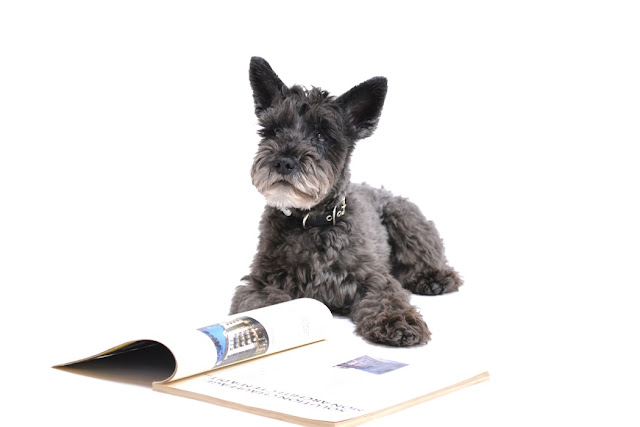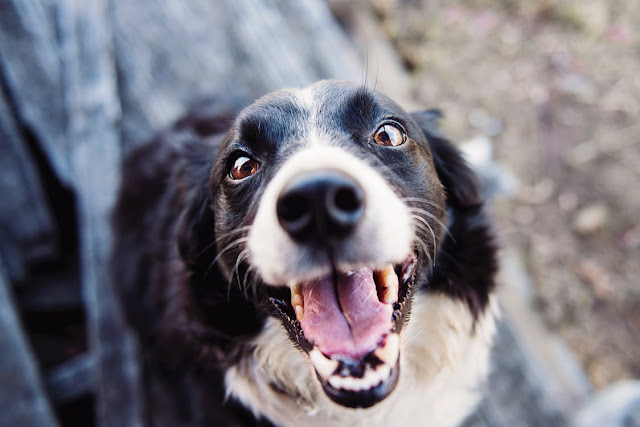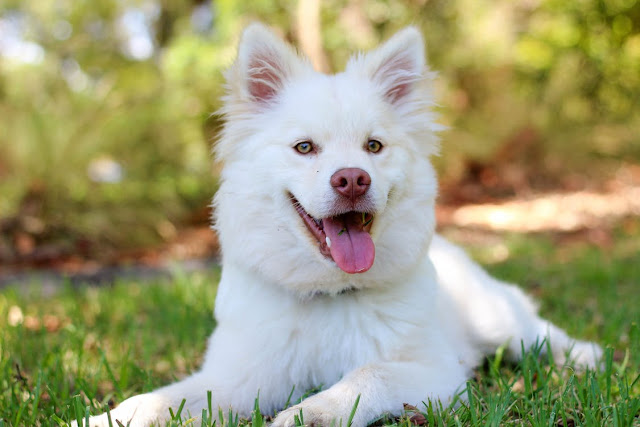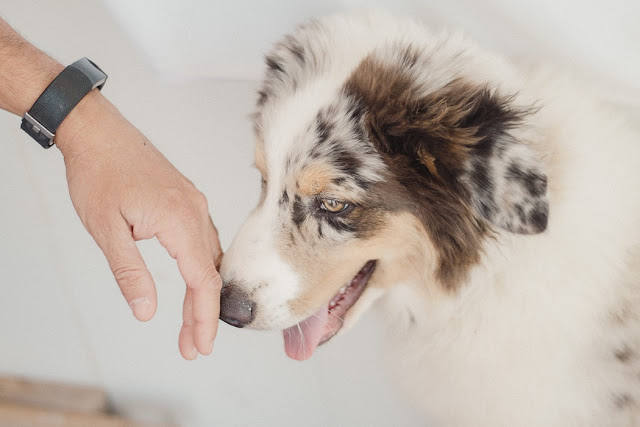Call them what you want, but these 5 myths are anything but
fact! Some of these sayings about dogs have been around for centuries, but in
reality many are simple myths or bad advice. We have found, and debunked, 5 of
the most common myths about your dogs!
Myth #1: Dogs eat grass only if they are sick
It's true that dogs will often throw up after eating a lot
of grass. However, this does not mean they ate that grass to induce vomiting,
or that it is somehow a sign of illness. Most recent research indicates that
quite simply put, dogs just like to eat grass. Enough grass in the stomach can
create minor irritation and quite simply put, cause the dog to vomit. If the
grass is treated with chemicals, only then it could be hazardous to your pet.
Some vets do believe that dogs will intentionally consume large amounts of
grass to induce vomiting if they feel unwell or have consumed something toxic,
but this should not be consistent behaviour.
If grass-eating has led to chronic
vomiting in your dog, you should probably keep him away from the grass and
visit
Myth #2: A dog’s mouth is cleaner than a human’s mouth
Most of us have probably heard this at some point in our
lives when a dog gives us a big slobbery kiss. “Don't worry about it! Didn't you
know that a dog's mouth is cleaner than yours?”
This idea is thought to originally come from the fact that
dogs lick their wounds and sometimes heal faster because of it – giving the
idea that dogs have clean mouths. In reality, if a wound heals faster after a
dog licks it, that's because his rough tongue has been removing dead tissue and
stimulating circulation. In summary a
dog's mouth contains plenty of germs. Think about the stuff your dog eats off
the ground, out of the trash and the things he licks off of himself. Many dogs
do not get their teeth brushed as regularly as people either, so there is the
dental tartar build up and bacteria to also consider. Overall, a dog's mouth
contains more germs than anyone wants to think about. But luckily these germs
are usually dog-specific and unlikely to cause any harm to us.
Myth #3: A wagging tail means a happy dog
Tail wagging has been associated with happy dogs for so long
it's hard to say how this generalization began; however it’s only sometimes
true. This common misconception could lead to an unfortunate dog bite in some
cases. Yes, happy dogs wag their
tails—but so do aggressive, agitated or anxious ones. Dog body language is much
more involved than just setting the tail to on or off. Gaze, posture, facial
expression, and ear position blend with the tail cues to create a range of
expressions. Rather than looking just at the tail, it is best to pay attention
to a dog's overall body language to determine its mood.
Myth #4: You can’t teach an old dog new tricks
Although this has to be the oldest myth about dogs, it is
still not true as age is not a determining factor for tricks or training.
People tend to notice that their older dogs have less interest in new
activities and are less responsive to training; however, many older dogs may
suffer limited hearing or vision that prevents them from learning or following
commands as easily as they used to. When training an older dog, you first need
to be able to get their attention. You also need to make sure the activity is
not too physically demanding for them. Keep it interesting with their favourite
toys or treats and remember your fur-friend is not the young pup they once
were.
Myth #5: Warm, dry noses are a sign of sickness
“My dog's nose is warm and dry. Does that mean he's sick?”
This is probably the biggest dog health myth around.
Somewhere along the line, people came to the conclusion that a cold, wet nose
is a sign of a healthy dog and a warm or dry nose is a sign of illness.
If your dog has a dry nose it means your dog has a dry nose,
case closed. Dry nose has nothing to do with a dog's health. The temperature
and moisture of your dog's nose are not miracle measurements of their health.
For instance, a dog's nose is often dry and/or warm if they have just woken up,
and this is perfectly normal. Unless their nose is persistently dry and crusted,
focus on unusual behaviours from your dog to detect signs of a potential
problem.
If you’d like more vet approved pet health advice, sign up to our monthly newsletter here, or visit www.vetshopaustralia.com.au/Pet-Health.










0 comments